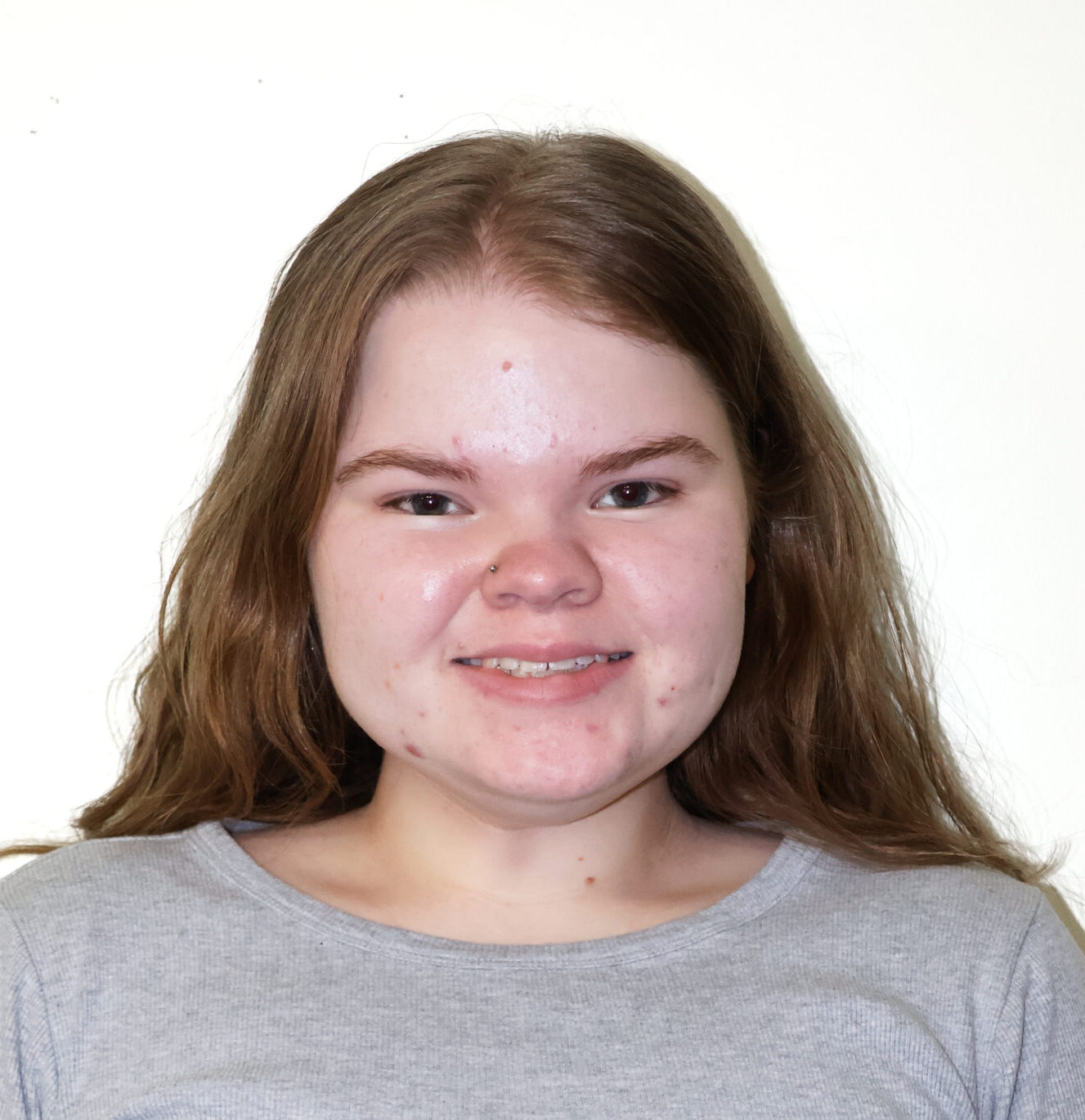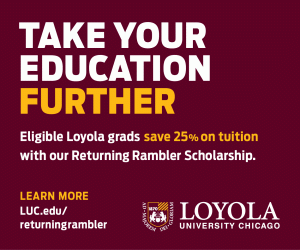David Levinsky of the Department of Theology will become rabbi at the New Reform Temple in Kansas City, Missouri Jul. 1.
Professor of Theology Leaves University to Become Rabbi
Department of Theology Professor David Levinsky has accepted an offer to become rabbi at the New Reform Temple in Kansas City. He will begin his new post July 1.
Levinsky started working as a part-time instructor at Loyola this academic year and teaches Introduction to Judaism. Before teaching at the university, he served as rabbi at Temple Har Shalom in Park City, Utah for nine years, and six years as associate rabbi at the Chicago Sinai Congregation in the Streeterville neighborhood, according to the Kansas City Jewish Chronicle.
Levinsky said he observes the Jewish faith but accepted the role at Loyola, a Jesuit Catholic institution, because of his commitment to helping others understand Judaism.
“It’s important for people to have an understanding of religions other than their own,” Levinsky said. “Studying religion only deepens personal faith.”
Levinsky earned his rabbinic ordination from Hebrew Union College in 2002, and his Ph.D in religious studies from Stanford University in 2009. He said rabbinic ordination includes academic work, pastoral work and leadership.
Levinsky said he took the position in Kansas City due to his “desire to serve the Jewish people,” and was contemplating the next step in his career, which he hoped would be to find a small pulpit at a small congregation.
Levinsky said his favorite part about teaching at Loyola has been the connections he’s formed with students.
“I’ve enjoyed my time teaching at Loyola, and I hope that I can teach again upon retirement,” Levinsky said.
Dr. Mara Brecht is the assistant department chair for the Department of Theology and teaches courses in Christian systematic theology, Christian theology and Roman Catholicism.
Brecht is responsible for staffing undergraduate courses, full-time faculty and graduate student educators, and she said it’s normal for her to hire part-time instructors from around the Chicago area with special expertise. Levinsky’s hiring was the result of a fellow Loyola faculty member’s recommendation.
Brecht said the teaching of different religions is central to the university’s values, and Levinsky was fulfilling a “very important need” for the Loyola community.
“I think it’s absolutely central to our mission that we have a place for students to engage deep questions to understand how various religious traditions help people answer those questions,” Brecht said. “In our world today, religions like Judaism and Islam are religions that we would all do better to foster a deeper, more textured understanding of.”
President of the New Reform Temple Joyce Hess said the temple posted a job offering for rabbis on the Central Conference of American Rabbis website, an organization of reformation rabbis.
Hess said the qualities most important to the temple’s congregation are good judgment, intellect, compassion and empathy. Rabbis must also be accessible and personable.
The temple’s current rabbi, Alan Londy, meant to retire last year after 14 years of service, but the temple couldn’t find a qualified candidate to fill his shoes, according to Hess.
“We’re sorry for [the university’s] loss, but we’re so happy and excited to have him join us in Kansas City,” Hess said.
Third-year neuroscience major Steven Andreev is a former student of Levinsky. He took Levinsky’s Intro to Judaism class in the fall, and he said the coursework was structured in a challenging, but enriching way. He deemed Levinsky a “born public speaker,” and the kind of professor students could have normal, friendly conversations with between classes.
“He teaches at a pretty high level, but he doesn’t talk down to students,” Andreev said. “It’s almost like you’re having an intellectual conversation.”
Levinsky taught students what it meant to be Jewish, differentiating between different Jewish cultural groups, according to Andreev.
Andreev said the class fostered a friendly environment which left him more knowledgeable about the Jewish faith, and he said he wishes more students would take theology classes and not see them as a “waste of time.”
“After taking that class, I’m now more comfortable connecting with Jewish students,” Andreev said. “We have such a diverse student body, I think it’s a great thing that we have these classes to help us connect with and understand each other, to make friends.”
-

Paige Dillinger is a first-year political science and history double major. In her free time, she enjoys watching and writing sketch comedy, exploring the city, and logging movies for her Letterboxd account. This is her first year writing for The Phoenix.
View all posts











